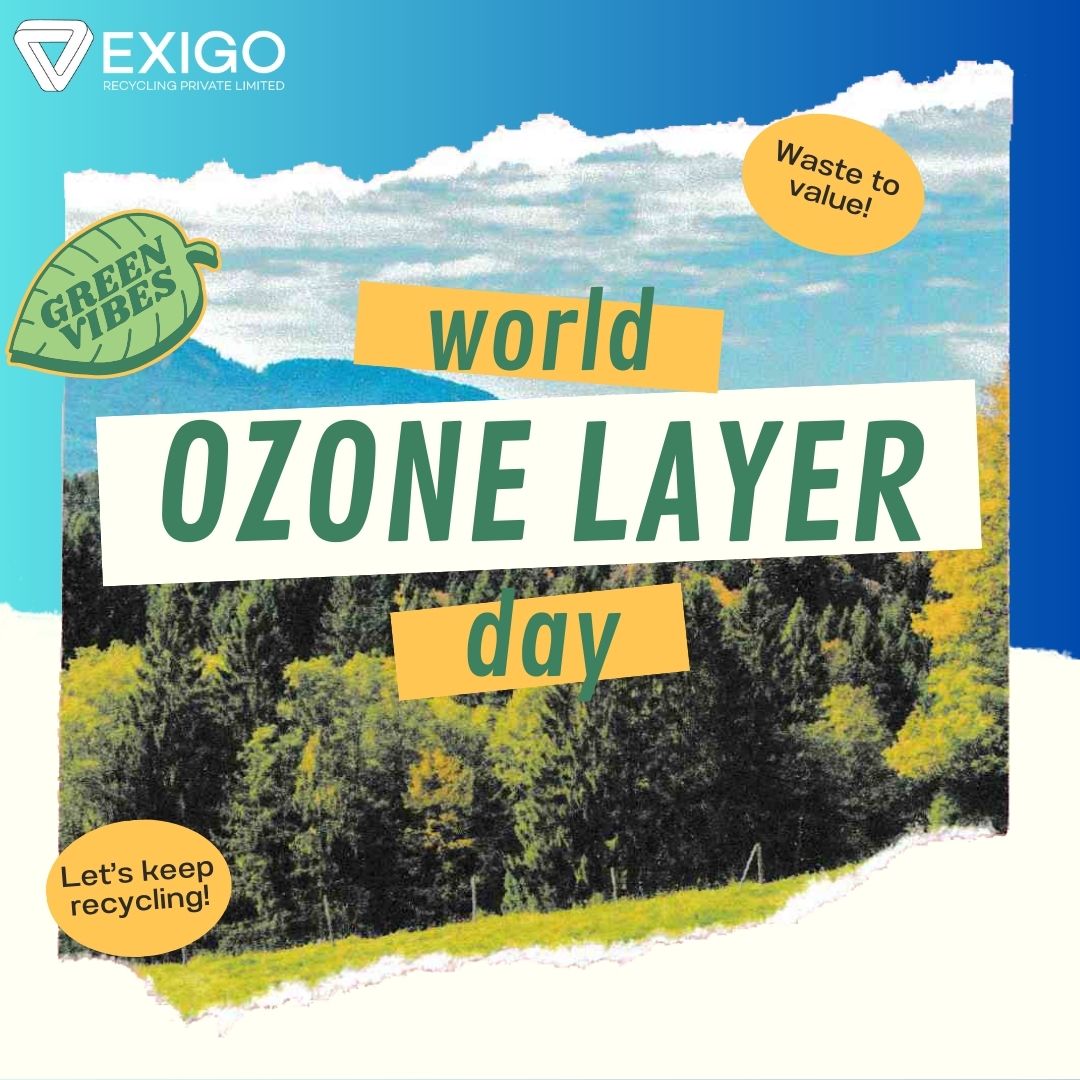How Battery and Waste Recycling Supports the Montreal Protocol and Kigali Amendment
The Montreal Protocol and its Kigali Amendment are landmark international agreements focused on reducing harmful substances that damage the ozone layer and contribute to climate change. Although these agreements specifically target chemicals like CFCs and HFCs, the recycling of batteries and electronic waste plays a crucial role in supporting their goals. Through innovative waste management practices, we can contribute to the protection of the ozone layer and the fight against global warming.
The Montreal Protocol: Protecting the Ozone Layer
The Montreal Protocol, established in 1987, aimed to phase out ozone-depleting substances (ODS) such as chlorofluorocarbons (CFCs), which were once widely used in refrigeration, air conditioning, and aerosol products. These chemicals caused significant harm to the ozone layer, which protects life on Earth from harmful ultraviolet (UV) radiation.
Although battery and electronic waste may not directly contain ODS, their proper recycling contributes to the Montreal Protocol’s objectives by:
– Preventing environmental contamination: Electronic waste, when improperly disposed of, can release toxic substances like lead, mercury, and cadmium into the environment. These hazardous materials may not deplete the ozone directly, but they can degrade ecosystems and increase the need for harmful manufacturing processes.
– Reducing energy consumption: By recycling batteries and electronics, we reduce the demand for raw materials like lithium, cobalt, and nickel. This helps curb the need for energy-intensive mining operations that contribute to industrial pollution, aligning with the broader environmental goals of the protocol.
The Kigali Amendment: Addressing HFCs and Climate Change
The Kigali Amendment to the Montreal Protocol, adopted in 2016, focuses on phasing down hydrofluorocarbons (HFCs), potent greenhouse gasses used in refrigeration, air conditioning, and insulating foams. While HFCs don’t damage the ozone layer, they are a significant contributor to climate change.
Recycling plays a key role in supporting the Kigali Amendment’s climate goals by:
– Proper disposal of HFC-containing appliances: Refrigerators, air conditioners, and other cooling devices often contain HFCs. When these devices are recycled responsibly, HFCs are safely captured and disposed of, preventing their release into the atmosphere.
– Reducing greenhouse gas emissions: By recovering valuable metals and components from electronic waste, we limit the production of new devices that may use HFCs or other harmful substances. Recycling helps create a circular economy, where fewer resources are extracted and manufactured, reducing overall carbon emissions.
Energy Savings and Environmental Protection
Battery and waste recycling offers significant benefits in terms of energy conservation and environmental protection. Here’s how:
– Energy Efficiency: Recycling batteries and electronics requires far less energy compared to mining and refining new materials. This efficiency reduces overall carbon emissions and lessens the environmental impact of raw material extraction, contributing to climate change mitigation.
– Pollution Prevention: Hazardous materials from electronic waste, including heavy metals, are safely managed through recycling. This prevents the contamination of soil and water, protecting ecosystems and human health.
A Circular Economy: Reuse, Recycle, and Protect
The goals of the Montreal Protocol and Kigali Amendment align with the principles of a circular economy, where waste is minimized, and materials are continuously reused. Battery and waste recycling contributes to this by recovering valuable resources, reducing the need for new production, and ensuring that hazardous substances are kept out of the environment.
Conclusion: Recycling for a Sustainable Future
While the Montreal Protocol and Kigali Amendment focus on reducing harmful chemicals, the responsible recycling of batteries and electronic waste plays a significant role in supporting these efforts. By preventing pollution, reducing energy consumption, and managing hazardous materials, recycling helps protect the ozone layer and reduce greenhouse gas emissions.
As we continue to adopt sustainable waste management practices, battery and electronic waste recycling will remain a critical component in the global fight against climate change and environmental degradation. By making responsible choices today, we are ensuring a healthier planet for future generations.
